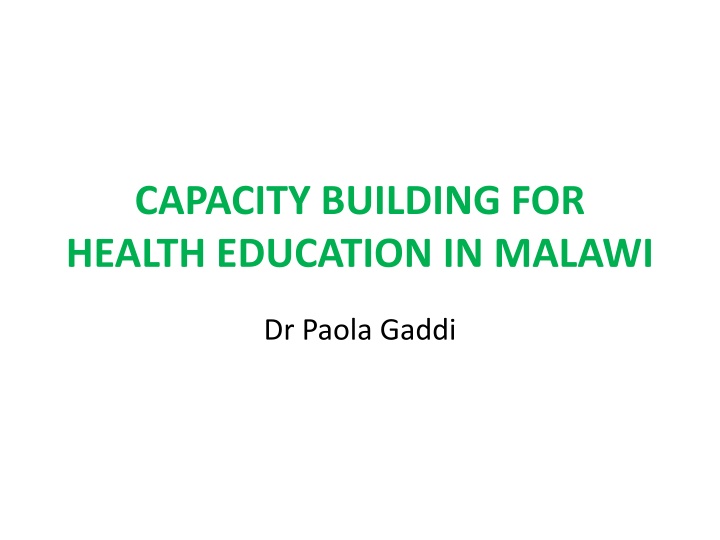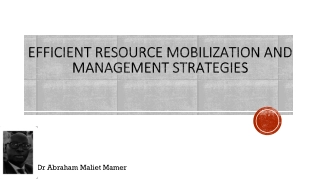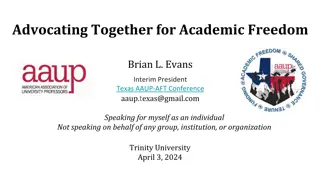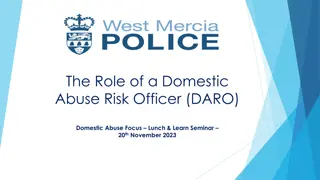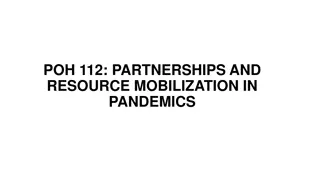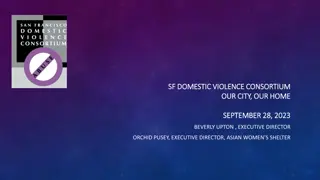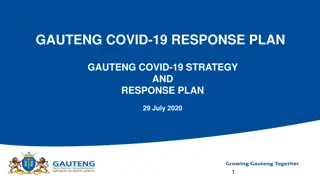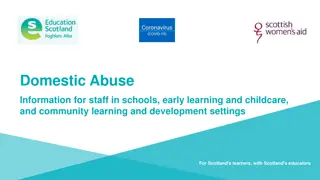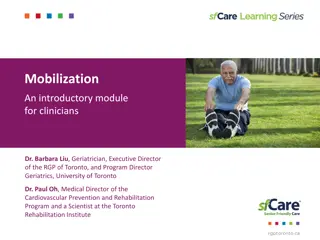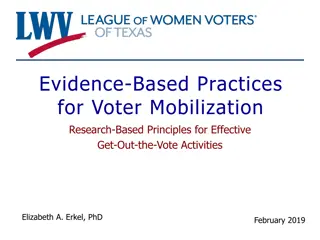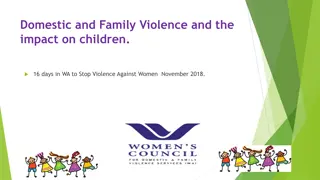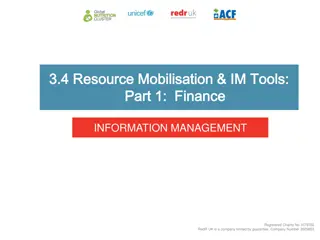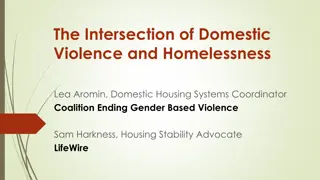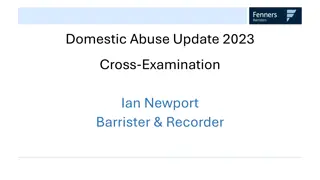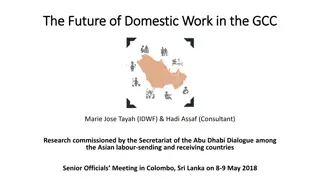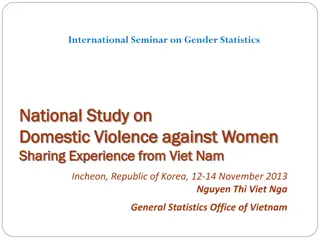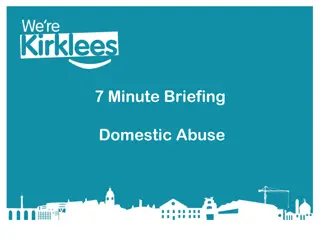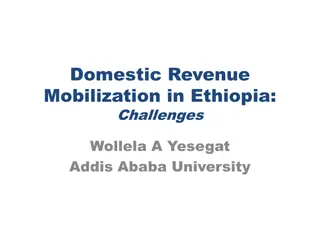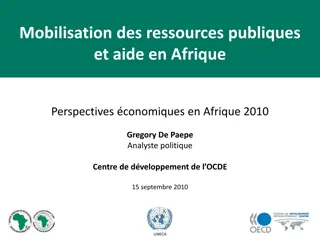HEALS - Advocating for Domestic Resource Mobilization in Health and Education
HEALS, the Health Education Advocacy and Learning Series, brings together health advocates, budgetary experts, and governance groups to enhance advocacy for domestic resource mobilization in implementing countries. Through collaboration and partnership, HEALS aims to address challenges like corruption, inadequate financing, and marginalized groups to promote transparency, accountability, and inclusive healthcare and education. The initiative operates through mutual collaboration and aims to expand its reach to additional nations in Africa and Asia by advancing DRM advocacy capacity.
Download Presentation

Please find below an Image/Link to download the presentation.
The content on the website is provided AS IS for your information and personal use only. It may not be sold, licensed, or shared on other websites without obtaining consent from the author.If you encounter any issues during the download, it is possible that the publisher has removed the file from their server.
You are allowed to download the files provided on this website for personal or commercial use, subject to the condition that they are used lawfully. All files are the property of their respective owners.
The content on the website is provided AS IS for your information and personal use only. It may not be sold, licensed, or shared on other websites without obtaining consent from the author.
E N D
Presentation Transcript
CAPACITY BUILDING FOR HEALTH EDUCATION IN MALAWI Dr Paola Gaddi
Definition of Capacity Building capacity development is a long term process through which individuals, organizations and societies obtain, strengthen and capabilities to set and achieve their own development objectives over time . maintain the
Strengthen Existing Capacity Phased process Genuine partnership
Why CB for Health Education? Health System Competent Health Workers Medical Institutions Continuous Medical Education Educational System
To assess the existing capacity (at individual level and institutional level) Obj 1 To identify capacity needs (at individuals and at institutional level) ObJ 2 To use a pilot CPD course to evaluate the capacity of local organisations to deliver it and to explore participants satisfaction Obj 3 AIM: to assess capacity building for health education in Malawi
Methods 1: Study design: Qualitative research Data collection In-depth interviews with Stakeholders and HWs (conducted according to two different topic guides) FGD (facilitated with HWs)
Method 2: Sample size: Total N 16 4 Nurses and 4 Clinical Officers (involved in the CPD course) 8 Members of medical institutions in Malawi (Stakeholders): Lighthouse Trust TB and HIV programmes Medical and Nurses Council Kamuzu Central Hospital
Dissemination of the results: One hard copy of the research will be given to Lighthouse and PDF files to the other partners which will take part in the study. If requested a copy will be also available for the health workers who participate.
To recap Main purpose: conduct an assessment of Capacity building for Health Education (CME) in Malawi Expected results: to collect useful information about existing capacity for Health Education in Malawi and capacity needs perceived by local institutions and workers In the future: this data will be helpful to support capacity development for Health Education in Malawi
CPD Course of 9th and 10th Good attendance (17 over 20 participants!) Good interaction between facilitators and participants Participant were engaged over all the course of the sessions
Importance of CPD for HCW BEFORE It s a pain for HCWs (police Hunting!) Means of registration It s a punishment AFTER I was more engage in looking at CPD in the context of professional practice as now I will take CPD better than before Training is timely in changing perception of CPD and stimulated critical thinking
TEACHING STRATEGIES No PPT Group work Computer session and use of flask disk The method used. Very participatory and made us have answers to our own problems that was great
COMPUTER computer illiterate vs People who knows some how Challenges: Time Access of computer Internet connection
Thanks for listening! Any question??
